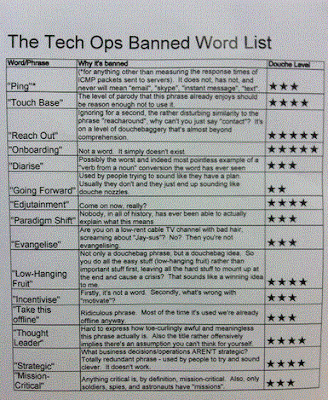So we at Dinnr are working on a video.
Let's have a look at what other startups have come up with and how they rank on the criteria (score out of 10)
Let's have a look at what other startups have come up with and how they rank on the criteria (score out of 10)
- FUN: is fun and entertaining
- LENGTH: has the right length (I don't think that there's a uniform correct length - different products have different levels of complexity. But when it starts dragging and you think "OMG move on, I GOT it!" then it's too long)
- CLEAR: gets the point across
- UNIQUE: has a unique and memorable style
FUN: 8 has a few good chuckle moments
LENGTH: 8 a tad too long
CLEAR: 7 for a complex product like this, a screenshot or two would have helped
UNIQUE: 6 high quality cartoon but not particularly memorable graphics nor music
Total score: 7.25
FUN: 10 has just the right level of hilarity without yet distracting from the message.
LENGTH: 10 is long but the comedic value totally warrants it
CLEAR: 6 I don't yet quite get what are the options as a customer - what types of razors, is it subscription only or can I also just buy?
UNIQUE: 10 there's a reason this video has 10m views.
Total score: 9
3. Hubbub
(doesn't allow embedding)
FUN: 1 doesn't intend to be fun or entertaining
LENGTH: 2 way too long to get the message across
CLEAR: 6 I understand what it's about but I don't really know my options, when I can get delivery, what's the process etc. In 3 minutes, this could have been brought in somehow.
UNIQUE: 7 good music, good to meet the CEO.
Total score: 4
4. Teespring
FUN: 6 funny graphics and pleasant character animation.
LENGTH: 10 perfect length to get point across - it's a complex product so 69 seconds are warranted.
CLEAR: 10 Perfectly clear - no questions outstanding.
UNIQUE: 4 not particularly unique - lots of cartoons like this around. However, good pacing and good voice. Music might have helped but frequent sound effects were good.
Total score: 7.5
Many more great videos can be seen here.
